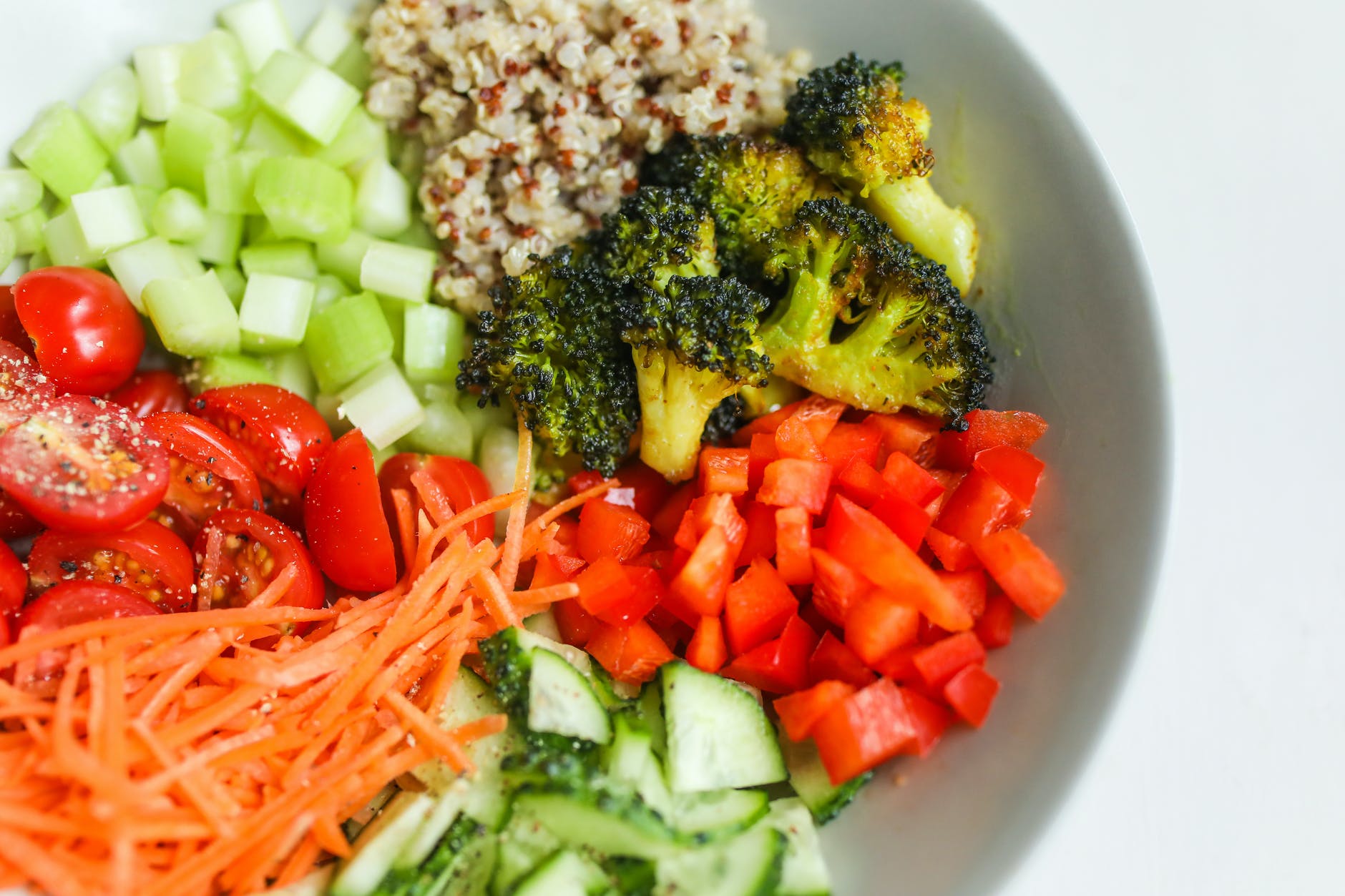World Heart Day: A Woman’s Guide to Heart Health
6 minuteRead

Did you know? Heart diseases are a common occurrence in women. According to the World Health Organisation (WHO), rheumatic heart disease, coronary heart disease and cerebrovascular disease are the number one causes of death globally. Unfortunately, in India, a woman’s heart health is often overlooked. We see women accompanying their husbands for master health check-ups when they themselves have zero clue about their health status. Remember, heart health for women is as important an issue as it is for men. This World Heart Day (29th September), we aim at highlighting why it’s important for women to care for their heart. A heart attack or a heart failure doesn’t send you a memo and arrive. It can occur any time and that’s the disturbing part.
Heart Health for Women: These Good Habits Will Help You Breathe Easier
As you age, there is an urgent need for you to keep your heart healthy. Once you do so, you can prevent any kind of premature heart attack and stroke. However, starting early is key. In fact, the Indian Heart Association states that women should start as early as 25 years. That’s because the younger population is prone to work stress, consumption of junk food, inadequate sleep patterns, lack of physical activity and continuous smoking. Therefore, understanding the symptoms of heart disease is imperative. With simple lifestyle changes, you can take care of your cardiovascular health. Here’s how:
- Start with a Heart Healthy Diet
As the phrase goes “you are what you eat”. If you desire a healthy heart, you need to start with what you feed it. Having absolutely no control on your diet and bingeing on junk is going to take you nowhere. In fact, you might even raise your bad cholesterol levels (LDL). It’s never too late to change your eating habits. Here are certain tips that can help you fine-tune your diet:
- Portion Control
Go easy on what and how much you eat. Don’t overload your plate with calorie-rich food. Instead, control your portions. Use a small plate to control your portion, focus on including foods that are nutrient rich and not calorie dense. If you’re having processed foods or fast foods, eat as little as possible. A good way to learn the art of portion control is by using measuring cups and spoons, or a scale to assess the correct quantity of food you’re consuming. Most dieticians and nutritionists feel this is a good place to start.
- Follow a Cardiac Diet
A cardiac diet is a diet that is curated specially for your heart. It includes vegetables, whole grains, lean meat and low-fat dairy products that can be beneficial to your heart health. Choose fruits and vegetables that are loaded with antioxidants. You can also include healthy whole grains such as barleys, quinoa, oats and buckwheat. However, as far as possible start away from refined white flour, frozen foods, biscuits, popcorn and bakery items. These unhealthy fats can lead to a build-up of plaque in your arteries and can increase your risk of developing heart disease and stroke. Also, as you age, reduce the salt in your food. Eating too much sodium can lead to high blood pressure.
- Say No to Trans Fat
Studies reveal that women who consume trans fats or fatty acids are 3 times more likely to develop heart disease. To lower your risk, avoid eating fried foods and restrict packaged foods as far as possible. In fact, look at the food groups through which you can get maximum nutrients. Flaxseed oil and walnuts are a good way to keep the heart healthy. Remember, not all fats are bad. You do need certain fats to replenish your depleted energy. Think polyunsaturated fats and monounsaturated fats. You can derive most of these fats from plants and seafood such as oily fish. Since they’re high in long-chain omega-3 fatty acids, they can promote heart health and prevent heart disease.
- Get More Exercise
Ideally, you should be doing 150 minutes of aerobic exercise per week. This can also lower your blood pressure and increase your energy levels. Try and even include two days of weight training. However, exercise doesn’t have to be strenuous. Even a brisk walk everyday for 30 minutes can guarantee you a healthy life, and prevent stroke and diabetes. Owing to the COVID-induced lockdown, a lot of people have got used to staying home. This has resulted in them engaging in little to almost no physical activity. Weight gain and obesity are also two common causes of heart diseases. Therefore, it is important to stay active and boost your good cholesterol.
- Know the Symptoms of a Heart Attack
While not every heartburn or feeling of nausea is a sign of a heart attack, there are some serious ones that need to be addressed. Remember, the heart attack symptoms differ in men and women. Both can experience chest pain and discomfort but women are also likely to experience shortness of breath, back pain, fullness in the stomach, vomiting, jaw pain, and heightened fatigue or tiredness.
All these are signs of an impending heart attack. Knowing these signs/symptoms is important. Though these are the common symptoms, you can even have a heart attack without experiencing any heartburn, chest pain or pressure. If you tend to experience more than one of these symptoms on a regular basis, it’s time to see a doctor. The concerned medical practitioner might even ask you to get an ECG done to understand the cardiac cause.
The risk factors of heart disease listed by the Indian Heart Association include:
- High LDL cholesterol
- Family history of heart disease
- Hypertension
- Lack of physical activity
- Tobacco smoking
- Hypertension
- Elevated lipoprotein and C-reactive protein
- Get Annual Health Check-ups Done
Don’t wait till you turn 40 to get regular heart health check-ups done. Start at the age of 25 itself. Annually, you should be screened for diabetes, blood pressure and cholesterol. Before you meet your doctor, it’s always better to get an understanding of key health numbers such as blood sugar level, blood pressure and cholesterol. For example, blood pressure of less than 120/80 is considered normal. Family history too has a crucial role to play here. If one or both your parents have had heart attacks at a young age, you’re at a major risk too.
A meeting with your doctor will give you the much-needed reassurance. He/she might ask you to work on early risk factors including lack of exercise, high blood pressure, smoking and diabetes. If you want to avoid stepping out of your home due to COVID, you can even go ahead with tele-communication or a ZOOM meeting.
- Prioritise Sleep
A lot of younger women are experiencing heart attacks today because they don’t sleep enough. Sleep and heart health are interrelated. Getting less than six hours of sleep on a regular basis is linked to high blood pressure, weight gain and may make you less likely to want to exercise. To maintain your heart health, you need to get at least eight hours of sleep per night. Poor sleep patterns are linked to underlying health conditions and blood pressure. If you’re unable to sleep at night, you should practice deep breathing, yoga and other types of meditation. Even listening to soothing instrumental music or reading a book might induce sleep. When it’s bedtime, stay away from your gadgets which includes your mobile phone, tablet or TV.
- Tame Stress
Stress is a killer. It’s true that a lot of health conditions are related to stress. Chronic stress is an area of concern in women. It can lead to behaviours that impact heart disease such as high blood pressure, cholesterol, excessive alcohol intake, smoking and overeating. To cope with stress, eat foods that are healthy, exercise regularly and get plenty of sleep. If your stress is turning into anxiety or depression, consider talking to your parent, friend or counsellor. The secret to a healthy heart is a happy mind.
- Reduce Aspirin Consumption
A lot of people take aspirin daily to prevent heart attack or stroke. However, never do so on your own as it can thin your blood, increase the risk of bleeding, cause gastrointestinal ulcers and severe clotting disorders.
Take it only if your doctor has prescribed it. Always find out how much you should take, how often and for what duration. It’s never recommended for long-term use. Taking medicines, vitamins or herbs on your own can also cause heart diseases. Therefore, be cautious.
Thanks to today’s advancement in medical technology, a lot of heart-related ailments can be cured. Always remember, being detected with any kind of heart disease does not mean the end of the world. With an active lifestyle and good habits, you can effectively contribute towards your heart health.
Note: The above-mentioned article is for information purposes only. Before making any lifestyle change, consider seeking medical advice from a qualified health professional.
Write, Record and Answer! Consume Unlimited Content! All you need to do is sign in and its absolutely free!
Continue with one click!!By signing up, you agree to our Terms and Conditions and Privacy Policy.

















